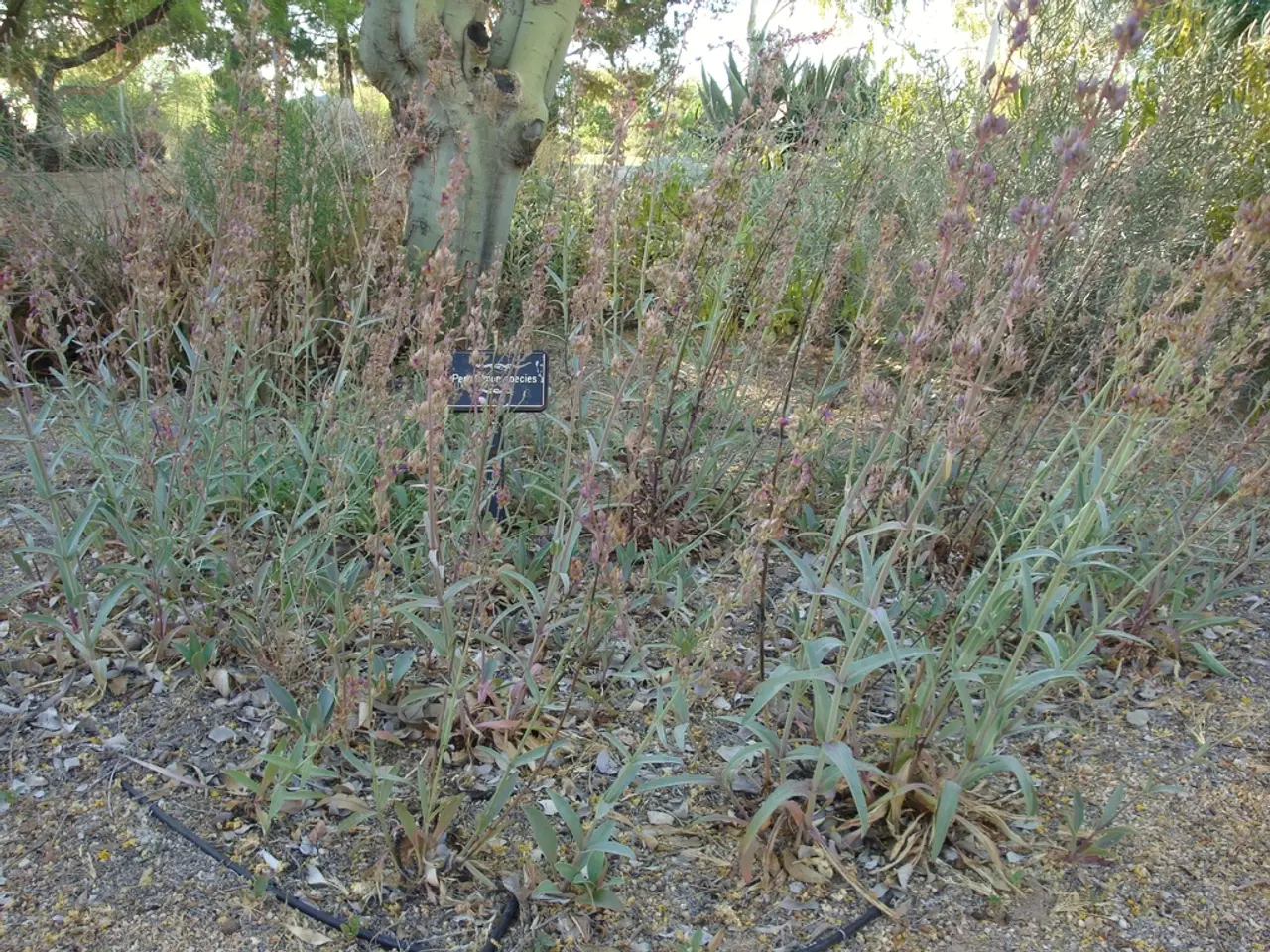Closing threshold for preventing severe climate impacts rapidly approaches
2025 Global Tipping Points Conference Highlights Urgent Climate Action
The 2025 Global Tipping Points Conference, held jointly by the Global Systems Institute at the University of Exeter, the Potsdam Institute for Climate Impact Research, and the Max Planck Institute of Geoanthropology, brought together scientists, policymakers, and business leaders to discuss the growing urgency and complexity of climate tipping points.
Major Earth System Tipping Points of Concern
The conference emphasized the need to address several major Earth system tipping points. Among them, the dieback of the Amazon rainforest, which could release around 250 billion tonnes of CO2 by 2100 and disrupt regional and global climate systems, was a primary concern. Melting of Greenland’s ice sheet and permafrost thawing were also highlighted for their potential to cause severe sea level rise and release large quantities of methane, a potent greenhouse gas.
The warming Arctic Ocean could trigger massive methane emissions, potentially pushing global temperature rise to 8-10°C above pre-industrial levels, rendering most of the planet uninhabitable except for high-altitude and polar regions. Multiple parts of the Earth system are at risk of being pushed beyond thresholds that would see them shift irreversibly into a new state due to human activity driving global temperatures to record highs.
Expanding Focus Beyond Biophysical Tipping Points
The 2025 event expanded its focus beyond biophysical tipping points to include social systems and governance. Recognising the intertwined nature of environmental and social transformations, the community of researchers has broadened since the 2022 conference to include experts from social sciences, policy, governance, and business, fostering a more holistic approach to understanding tipping dynamics.
New Scientific Framework and Research Presented
A new scientific framework, the TipESM_core experiment protocol, was formally accepted internationally as the standard for simulating climate tipping elements in Earth system models. This protocol is now being implemented globally under TIPMIP ESM experiments, reflecting progress in advancing how tipping points are studied and modeled.
Among the new research being presented at the conference were early results from the TIPMIP international modelling project, which aims to investigate the consequences of what happens if a tipping point is crossed. Additionally, Ricarda Winkelmann will be creating a first global atlas of tipping financial risks, in time to feed into the seventh assessment report (AR7) of the Intergovernmental Panel on Climate Change (IPCC).
Call to Action for Positive Tipping Points
The conference focused on positive tipping points, where large-scale, self-propelling social change can reduce the impact of humans on the climate. Lenton mused that the research community was on a quest to discover the "recipe" behind positive tipping points. George Monbiot suggested actions to create a food system which maintains high yields, reduces environmental impacts while remaining diversified and leaving space for nature restoration and recovery, including switching away from an animal-based diet to a plant-based diet.
Addressing Governance Challenges
The conference emphasised the importance of governance, with multiple breakout sessions and a plenary dedicated to the topic. The upcoming report will be "tighter" than its predecessor and "major" on governance issues. The legal system currently does not deal well with any issue at the planetary scale, as global problems cannot be reduced to a "nice, tidy jurisdictional issue".
Conference Statement and Future Actions
The conference drafted a conference statement, which warns that global warming approaching the Paris Agreement 1.5°C limit places "humanity in the danger zone where multiple climate tipping points pose catastrophic risks to billions of people". The statement calls on governments to enact policies that help trigger positive tipping points in their economies and societies, which generate self-propelling change in technologies and behaviours towards zero emissions.
Rune Baastrup, director of Democracy X, presented on a project to shift eating habits in Denmark through funding and coordinating communal meals, aiming to reach "one in 10 Danes" through this work to galvanize a "profoundly more deep green transition" in Denmark. The meeting was part of a week-long Exeter Climate Forum, which included a separate Climate Conference and a series of community and business-focused events.
The conference comes against a backdrop of cuts to climate science funding in the US, including to the budget of the National Oceanic and Atmospheric Administration (NOAA). Rockström said the "biggest change" in tipping-points science since the first conference in 2022 is the launch of TIPMIP. The programme will look at the cascading effects of one tipping element on another, including Amazon dieback, shifts in boreal forests, AMOC collapse, permafrost loss and the collapse of the Greenland and West Antarctic ice sheets.
In conclusion, the 2025 Global Tipping Points Conference underscored the urgent need for integrated scientific and policy efforts to understand and mitigate climate and social tipping risks. The conference served as a call to action for governments, research communities, and businesses to address the growing threat of climate tipping points and work towards positive tipping points that can generate self-propelling change in technologies and behaviours towards a sustainable future.
- The conference, recognizing the interconnectedness of environmental and social transformations, expanded its focus to include social systems and governance, fostering a more holistic approach to understanding tipping dynamics.
- A new scientific framework, TipESM_core experiment protocol, was accepted as the international standard for simulating climate tipping elements in Earth system models, signifying progress in studying and modeling tipping points.
- Ricarda Winkelmann will create a first global atlas of tipping financial risks, information that could be incorporated into the IPCC's seventh assessment report (AR7).
- George Monbiot suggested an action plan for creating a food system that maintains high yields, reduces environmental impacts, and allows for nature restoration, including a shift towards a plant-based diet.
- The conference drafted a statement urging governments to enact policies that trigger positive tipping points in their economies and societies, helping to generate self-propelling change towards zero emissions and sustainable development goals (SDGs).







